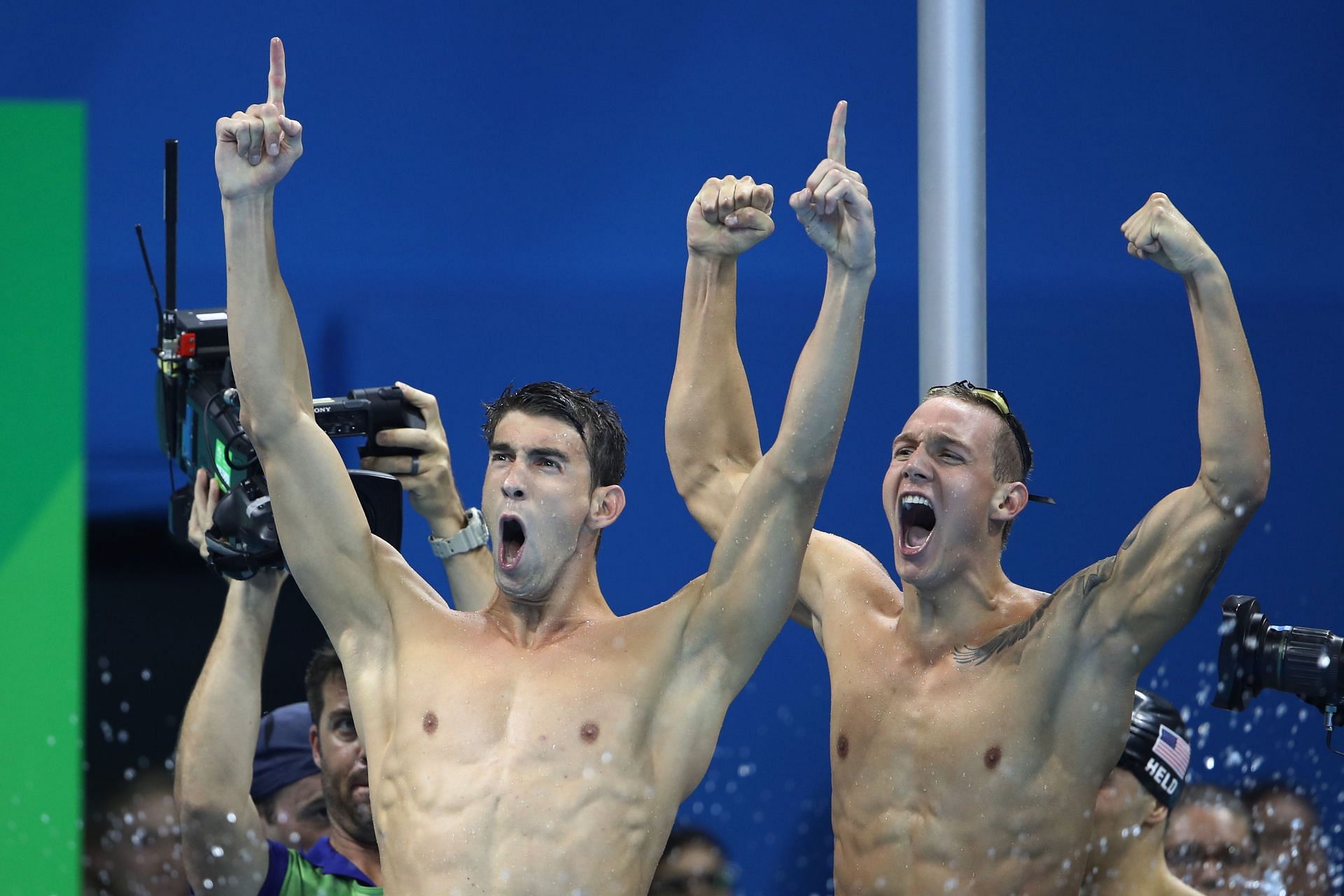
The audience often assumes the performer is naturally talented because they make it look easy. Michael worked harder than I’ve seen anybody work in any endeavor.”Īn excellent performance in any field can be deceiving.

“For Christmas, New Year’s and birthdays. “I know because I was there for all of it,” Bowman responded. “You’ve got to be kidding,” I said in astonishment. To prepare for the 2004 Olympic games, “ Michael Phelps trained 365 days a year for six years ,” says Bowman. “If you can form a strong mental picture and visualize yourself doing it, your brain will immediately find ways to get you there.”Ī person can be blessed with raw talent (or an 80-inch wingspan like Michael Phelps), but nobody can achieve excellence without putting in hours and hours of practice. “The most strongly held mental picture is where you’ll be… so get really good at mental rehearsal,” Bowman advises. When we set goals in business, sports, or any area of achievement, there’s a gap between where we are and where we want to be. ”īowman believes that all of us-regardless of our field-have a strong belief in who we are today and who we’d like to be tomorrow. “ The brain cannot distinguish between something that’s vividly imagined and something that’s real. For example, what would he do if he fell further behind in a race than he intended? Phelps practices all potential scenarios.Īccording to Bowman mental rehearsal is a proven, well-established technique to achieve peak performance in nearly every endeavor. He sees himself overcoming obstacles, too. He sees himself from the outside, as a spectator in the stands. He smells the air, tastes the water, hears the sounds, sees the clock.” Phelps take visualization one step further.

He mentally rehearses for two hours a day in the pool. “For months before a race Michael gets into a relaxed state. He’s speaking of visualization and no one, in Bowman’s opinion, does it better than Michael Phelps. “You must program your internal viewfinder,” says Bowman. Vision and mental rehearsal are two sides of the same coin. This daily habit will result in long-term greatness. You can’t control or predict who will win a medal in any given race, “but if you’re fast enough, the outcome will take care of itself.” Medals are tangible rewards, but Bowman believes that-as a leader and an individual who wants to achieve peak performance-it’s more important to pursue excellence every day and to remind yourself (or remind your team) of the ultimate vision.

Bowman’s strategy is to help his athletes focus on the process, not the outcome. The vision, according to Bowman, is to swim a time that will be fast enough to win a medal. “Not one of my athletes has a problem understanding why we’re in the pool and what we are there to do that day,” says Bowman.


 0 kommentar(er)
0 kommentar(er)
